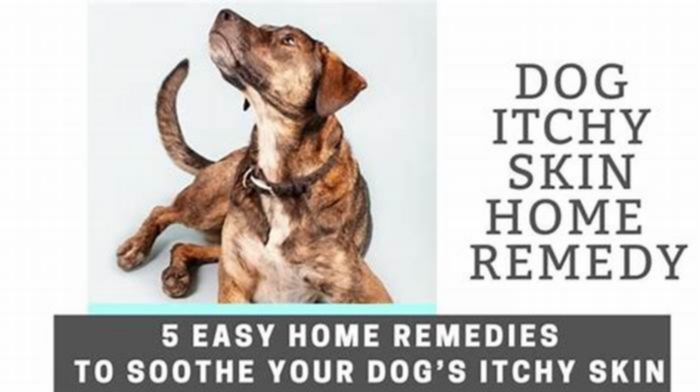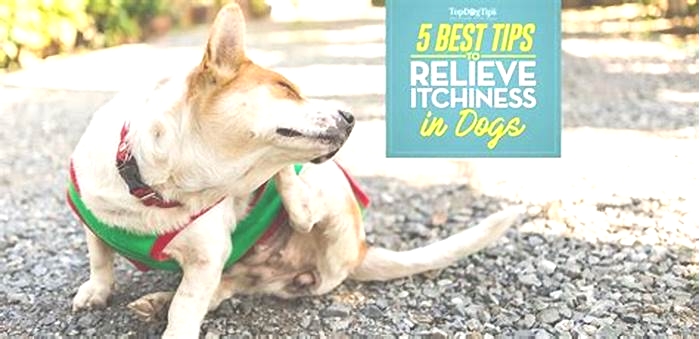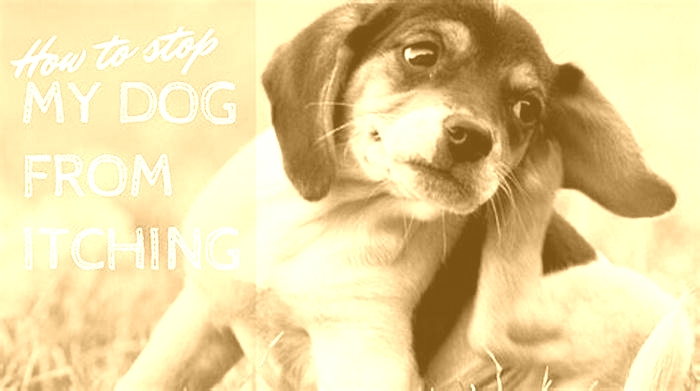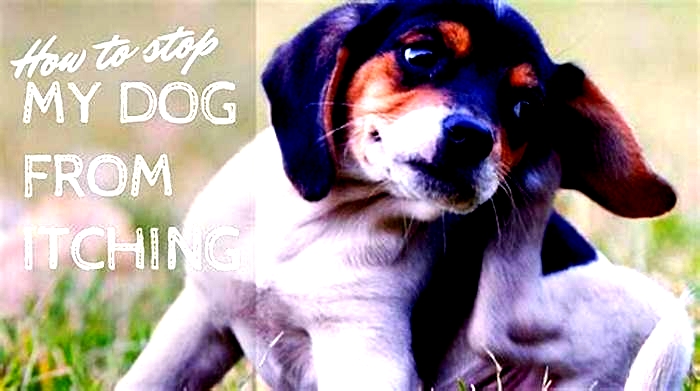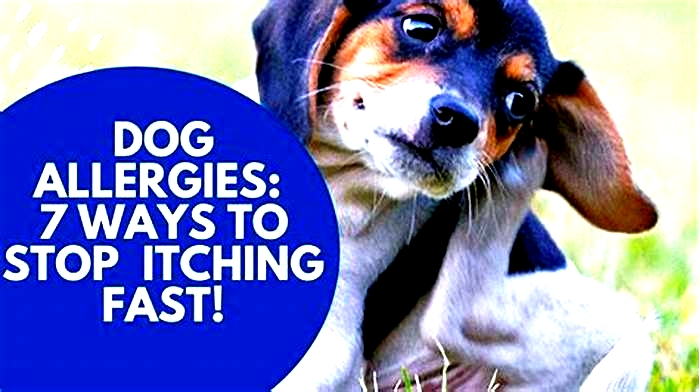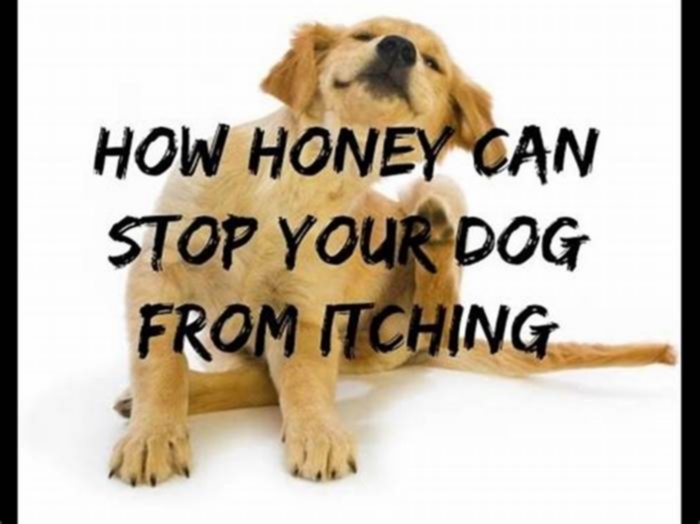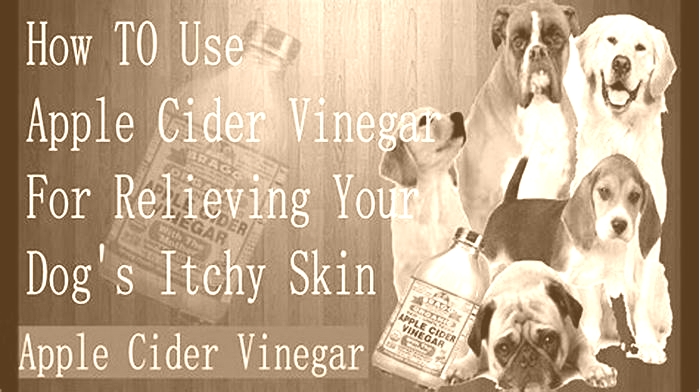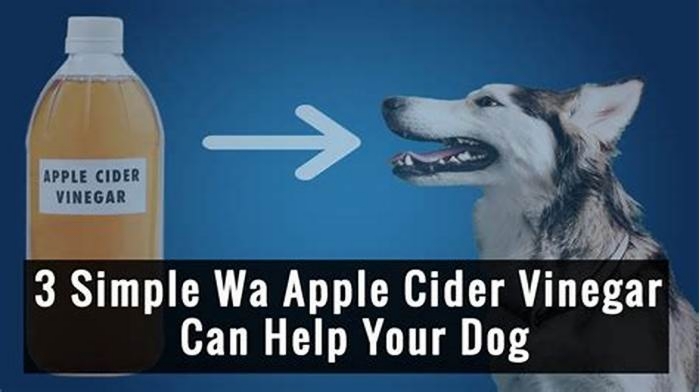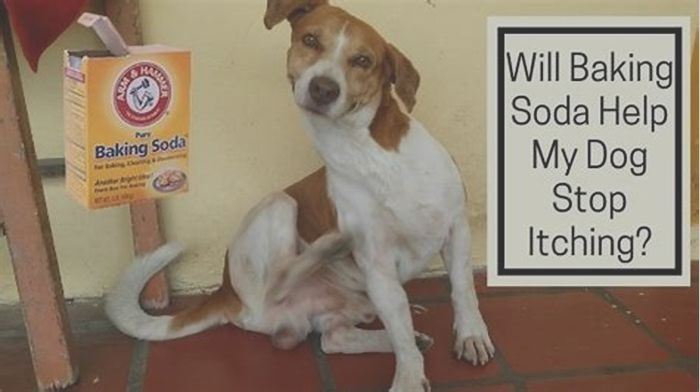How do you stop your dog from itching and biting itself
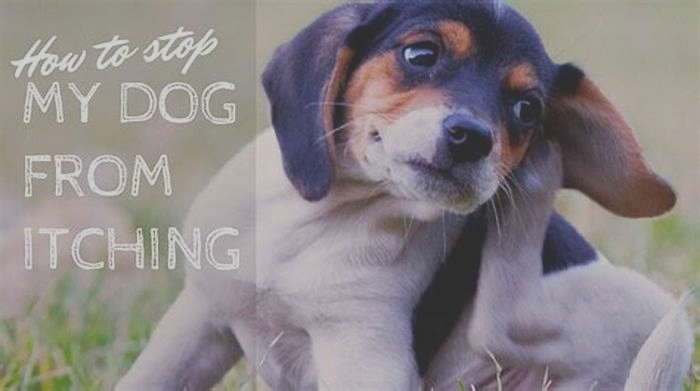
Why Does My Dog Keep Biting Himself [6 Reasons & 6 Tips]
You have a problem if your dog is continuously clawing and biting himself.
Identifying the actual problem can be difficult.
For a variety of causes, dogs scratch and bite themselves.
There are many reasons for the dog biting themselves, but the most prevalent is that theyre itchy. Parasites, dry skin, allergies, and hormone imbalance cause itchiness. Your dog may be chewing at his skin because hes bored or anxious and not showing any signs of illness.
One must go deep into a dogs mind to comprehend them better.
The more you know, the easier it will be, and were here to help!
Allow us to assist you in developing a clearer vision!
Why Is My Dog Biting Himself?
When your dog is itchy, he will scratch himself and rub against a surface with his paws and teeth to relieve the itching. But if you find your dog biting and chewing his body more than usual, you should be concerned.
Excessive skin biting and scratching can suggest a variety of health problems.
Reason 1: Parasites
A flea infestation is one of the most prevalent causes of your dog biting and scratching his skin. Fleas are parasitic insects that nibble and feed on your dogs blood.
A flea nibble on your dogs skin may show as a tiny, raised red mark that will swell and become irritated if scratched. If your puppy ingests contaminated fleas while chewing at his skin, a flea infestation may lead to parasitic worms if left untreated.
With high infestations, anemia can develop in young or smaller dogs. Flea allergic dermatitis, characterized by extreme itching, frequent licking and scratching, hair loss, and scab forms, can occur in sensitive people.
If your dog snores loudly, check its health. One of the causes your dog bites himself is because of his health.
Reason 2: Allergies
Your dogs skin may become itchy and flaky due to allergies in the surroundings. A typical reason for excessive scratching and biting at the skin is allergies, which generally begin in your dogs early years.
Certain breeds, like Terriers, Beagles, Setters, and Retrievers, are also susceptible to allergies. Pollen, dirt, dust mites, trees, and certain foods are just a few of the things that might cause an allergic reaction in dogs.
Reason 3: Dry Skin
Dry skin is a common cause of itching in dogs. Inadequate bathing, environmental factors, or nutritional deficiencies such as a lack of omega fatty acids can all contribute to dry skin.
A number of these reasons sometimes cause dry skin.
Reason 4: Hormonal Imbalances
Dog skin is more vulnerable to infections due to hormonal changes. Thyroid hormone deficiency & overproduction of cortisol are the most typical hormonal causes.
When the skin changes or frequent scratching is present, there will be a wide range of symptoms to go along with it.
For this issue, you should seek the advice of a veterinarian. Dogs, on the other hand, can be sensitive to unfamiliar environments. Since dogs are observant, youll notice an increase in yawns when its time for a vet visit.
Reason 5: Anal Glands Infection
When the anal glands arent frequently flushed, they can become a source of bacteria.
The bacteria cause itching on the dogs back, particularly in the buttocks, tail, groins, and hind legs. Anal gland problems can be caused by a lack of exercise and a poor diet.
Reason 6: Psychological Reasons
Your dogs behavior may signify stress, worry, or boredom, and he is licking or biting his skin to express these feelings. Excessive lapping and nibbling of the body can develop into an obsession if not treated and rectified.
Also, your dog standing on you may have a psychological problem. You can work with your veterinarian and a dog trainer to develop a training plan and fix your dogs bad habits.
6 Ways to Prevent Your Dog from Biting Himself
https://www.youtube.com/watch?v=j4zDL63FRkc
Weve got some tips to keep your dog from biting itself. Here are a few ideas I have for you.
Tip 1: Buster Collar
The plastic Buster Collar is the most effective method for keeping your dog from biting himself. Many veterinary clinics have them on hand for just this reason.
Having a buster collar on hand in an emergency is a good idea. Slip your dogs regular collar through its loops, then put it back on your dog. Its that simple!
For the first few minutes, many pups will be bewildered by the new extension of their collar and may run into items on top of it.
A temporary repair, of course, but its an excellent method to keep your dog from hurting themselves while you make an appointment with the vet.
Tip 2: Comfy Blow-up Collar
If you have a dog that isnt a fan of the traditional doughnut kind of collar, you may want to try a blow-up doughnut collar instead.
If your dog has a long neck or is remarkably flexible, you may consider using an alternative method for relieving his itch. If your dog can get past its current collar, you may always swap to a less-comfortable one.
Tip 3: Bodysuit
Using a medical bodysuit, canine jumper, or modified childs t-shirt can keep your dog from licking and biting on skin irritations or injuries. This wont stop a dog from nipping its back if the problem is with its legs or feet.
Tip 4: Barrel Mouthpiece
Not for long-term usage, but in an emergency, a muzzle can keep your dog from hurting himself while youre at the clinic. The dogs impulse to lick and gnaw at the area for unexpected foreign body infections, but keeping it clean is best.
Never leave your pups unattended while using a muzzle, and only basket muzzles should be worn for more than a few minutes.
Tip 5: Bitter Spray
Bitter sprays suitable for pets can be used to break up the habit of licking or biting. The second layer of protection for your dog is best provided by applying them to a garment, including a sock or t-shirt.
Tip 6: Use Shampoo
If your dog has immediately begun chewing, give him a bath with dog-safe shampoo. This should remove pollen, burrs, and road dust from your dogs coat. A skin-calming shampoo also may help relieve irritations.
You should be aware of how to bathe a dog properly.
This is a list of the finest current solutions. So utilize it now!
I hope this has satisfied your expectations.
FAQs
How frequently should canines be dewormed?
Every three months, at the very least. Depending on your dogs lifestyle, more frequent worming may be required, and it is suggested that you discuss this with your veterinarian if you are worried.
Is it possible to treat my dog for parasites without visiting the veterinarian?
Take your dog to the vet if you suspect worms or any of the symptoms mentioned above. Even if your dog is cured of intestinal worms with natural therapies, you should immediately take them to the doctor.
Is it necessary to bathe your dog every day?
Every four weeks is a reasonable rule of thumb to follow when bathing your dog, according to Wendy Weinand of Petco, the manager of grooming instruction for the company.
Top Reasons Why Your Dog is Scratching and Biting Himself
Is your dog constantly scratching and biting himself, and you arent sure what to do? Does it seem like the dog is chewing himself raw? Youre not alone. Also, A dog biting its legs or scratching at himself is actually a fairly common reaction to several things.
Well break down the top reasons why your dog is scratching and biting himself and well as some possible ways to help your dog stop.
Most Common Reasons Why My Dog Bites Himself
If your dog is biting his leg, there is usually something irritating his skin. In conclusion, Here are the most common reasons why your dog bites his leg:
Fleas and Parasites
Fleas, mites, and ticks will bite and irritate your dogs skin and carry diseases. They are generally the leading cause behind chewing and biting. However, depending on where you live, fleas and other parasites can be a huge problem. To identify fleas, ticks, or mites, youll want to comb through their fur where your dog is biting.
How to Get Rid of Fleas and Other Parasites
First, The American Veterinary Medical Association (AVMA)recommends calling your veterinarian to determine the infestation and prescribe a flea or parasite treatment plan. Also, This may include cleaning any areas of your house where your dog comes into frequent contact.
Related Link:Dog Got Stung By a Bee: What to Do
Dry Skin
Dry skin is a small sign of a more significant issue for your dog. Dogs can suffer from dry skin from severalfactors:
- Allergies
- Dry, cold weather
- Lack of fatty acids
- Cushings disease
- Hypothyroidism
- Parasites, lice, or canine scabies
- Bacterial or fungal infections
- Excessive bathing
Dogs with dry skin often have dandruff flakes, or its skin will be cracked and tough.
How to Relieve Dry Skin for Dogs
Because it can indicate a more severe problem, you will want to visit or call your veterinarian to ensure proper treatment. The vet may recommend a humidifier or a veterinarian-approved shampoo. Also, feeding your dog high-quality dog food and supplements can improve your dogs coat.
Do you need a better dog shampoo?ShopDope Dogs Oatmeal Lavender CBD Dog Shampoo.
Related Link:6 Facts Your Vet Wished You Knew About Keeping Your Dog Healthy
Allergies
Some dog breeds are more susceptible to allergens such as molds, pollens, soaps, and pesticides that can increase your dogs desire to scratch or bite to relieve the itch. Youll want to pay attention to your environment, or if your dog ate something different, that would cause an allergic reaction.
How to Relieve Allergies for Dogs
If your dog has a food allergy, youll need to determine which allergy through an elimination diet. Unfortunately, all you can do for environmental allergies is try to control the symptoms or avoid the allergen.
Skin Infections
Bacteria and fungal infections can also irate your dogs skin, causing them to scratch or bite. These infections set in when your dog has a cortisol or thyroid hormone imbalance. Bacterial infections appear as tiny, red bumps on the skin. Fungal infections make your dogs coat oily and greasy.
How to Treat Dog Skin Infections
Your dog will need to see the veterinarian to treat skin infections because treatment will include topical medication and oral antibiotics. Once your vet prescribes the proper treatment, your dog should stop biting and scratching as the infection heals.
Pain, Soreness, and Inflammation
In some cases, if your dog is sore or hurt from stepping on or brushing against something sharp or irritating, then they may scratch or bite at the spot where it hurts. Dogs with arthritis and inflammation may chronically chew, lick, or scratch where it hurts.
How to Relieve Pain and Soreness
You may want to call your vet to diagnose the cause of the pain or soreness. Your vet will prescribe a treatment to manage the pain and inflammation. You can also give your dogCBD oil supplements and dog treatsto reduce pain and inflammation.
Boredom, Loneliness, or Restless
Dogs need stimulation, attention, and companionship because they are pack animals. Dogs also need to be active. If your dog is bored or restless, it may chew on its leg or another body part.
How to Stimulate Your Dog
Spend time playing and loving your dog. Look for opportunities to socialize your dog by taking them to the park or having a dog playdate. You can also look for ways tomentally challengeyour dog to help with their growth and development.
How to Stop a Dog From Chewing Himself?
Once youve identified the cause of the scratching or biting, it can be challenging to stop your dog from chewing himself, even with treatment. If they have persistently chewed or licked in the same area, it can createacute moist dermatitisthat only aggravates the problem, and the area can grow.
To help your dog, you can:
- Have your dog wear a special collar to prevent them from biting and licking.
- Give them a chew toy or bone that they can chew on to relieve the stress.
- Use medications prescribed by the vet to treat the problem.
- Change your dogs food if the food is triggering allergies.
- Give your dog supplements that are rich in fatty acids to improve your dogs skin and coat.
You Can Reduce Your Dogs Chronic Biting and Scratching By Identifying the Problem
The best way to identify what is causing your dog to chew himself raw is to take him to the vet. The vet will diagnose the problem and create a treatment plan. Hopefully, within a few weeks, your dog will be back to normal.
Dope Dogoffershigh-quality productsto boost your dogs immune system by providing added nutrients. OurCBD treats, shampoos, and oilscan enhance your dogs development and relieve joint pain and inflammation for overweight dogs.
Are you looking for a supplement for your dog?Shop Dope Dog CBD oilsto reduce pain and inflammation.
Related Link:How Much Sleep Do Dogs Need?

